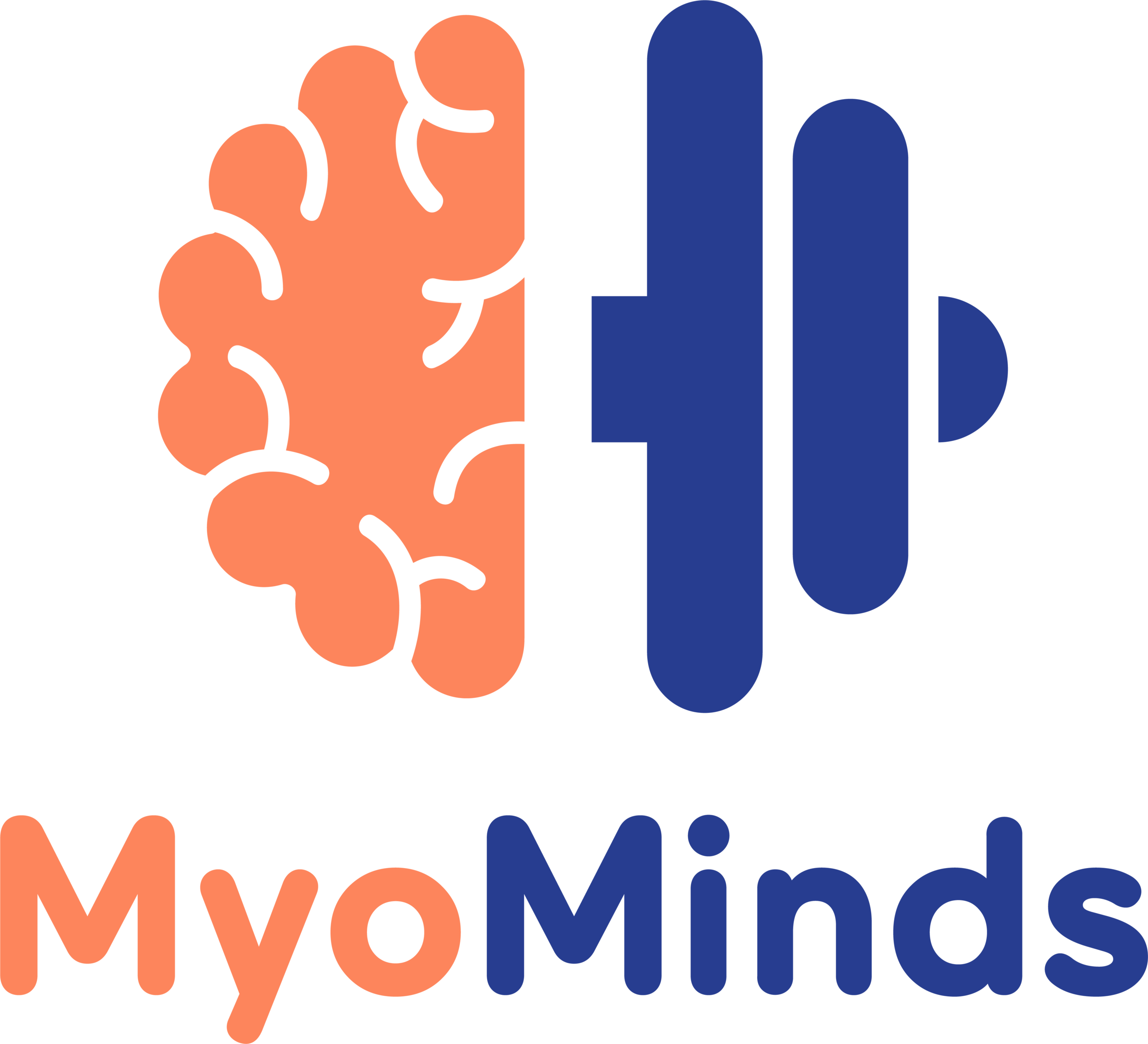Arun’s Story
1. What personal experiences with mental health do you have? Either with yourself, athletes in your area or friends.
The main time I come across Mental health in a work capacity I suppose would be when my patients or players have a long term injury. Having worked in professional football, I’ve seen how a long term injury can stop a player playing. This can be frustrating in terms of not being able to perform and progress in their careers, but also it has a knock on effect socially. They might go from training every day with a group of 20 teammates to being in the treatment room 1:1 with the medical staff; and that can be difficult to take. In terms of private clients it’s quite similar, if an injury is stopping them work, socialise or even simple things like playing with their children, it can be quite difficult to manage mentally.
2. How do you feel sport/fitness affects mental health? (We get people claiming it helps and others who think it hinders)
Leading on from my previous answer, sport can be an extremely social environment. It can give someone access to an additional friendship group and more people to socialise with. It’s well documented that exercise encourages a number of physiological reactions which can be beneficial to mental health. A lot of people who play specific sports share a lot of similarities. For example members of a tennis club tend to lead similar lives, to an extent obviously. So this might provide people with a platform to speak to other like-minded people if they were to be suffering from any mental health issues.
3. What advice do you have for people in sport/fitness who struggle with mental health issues?
Speak out. It might seem like an obvious suggestion but sometimes all it takes is some positive reinforcement from a friend and everything might seem so much better. The initial act of starting to Talk to someone can even feel like a weight lifted off your shoulders. Depending on the mental health issue, sometimes you might need to be put into a situation you may expect to be uncomfortable in. For example, if someone suffers from anxiety but really enjoys golf, the initial joining of a golf club/competition may seem daunting but once that initial tee shot is hit... the opportunities much outweigh the anxiety you feel, in the long term.
4. What advice do you wish you had been given before going through (or observing) the experiences you have?
I suppose it’s easy to look back and think of an ideal world where you might be fully prepared for every possible situation so you can react optimally. But life isn’t like that. You might not ever be able to prepare for being at the top of your game and suffering a career-ending injury. I suppose I would just always ensure a good support network is in place. Having even one person to talk to or even knowing where to go for advice, could potentially be the difference between someone suffering with long-term mental health issues, and not.
5. Do you have an extra message you wish you add?
Although it is improving, I think mental health still kind of comes with a stigma these days, but it doesn’t have to be that way. Not everything that falls under the “mental health” umbrella needs to be categorised. You’re allowed to feel a little down and disheartened if you’ve suffered a back injury and you struggle to do simple tasks. That’s normal. It might be a “mental health issue” but that doesn’t mean it need to be categorised into “depression”. You’re allowed to feel anxiety about a big sporting event coming up. There’s research that argues some levels of anxiety/arousal improves performance. Not one single person goes through life without coming into contact with challenging times. It’s the way you deal with them afterwards and how they help you develop that is important.

